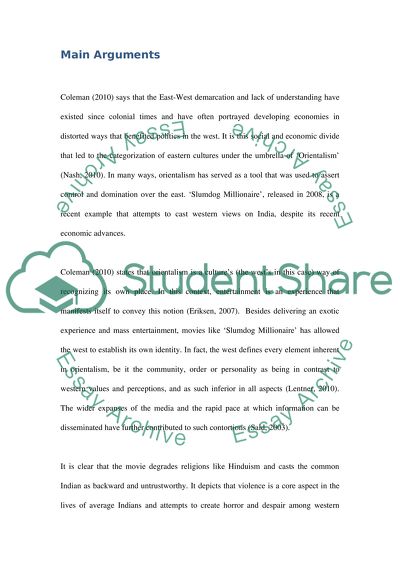Culture, Politics, and Globalization- Critical Review of films Essay. Retrieved from https://studentshare.org/anthropology/1442159-culture-politics-and-globalization-critical-review
Culture, Politics, and Globalization- Critical Review of Films Essay. https://studentshare.org/anthropology/1442159-culture-politics-and-globalization-critical-review.


